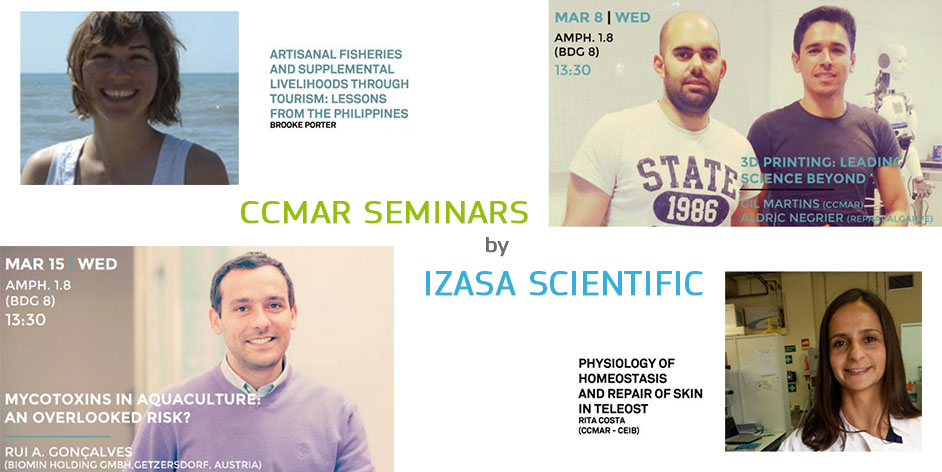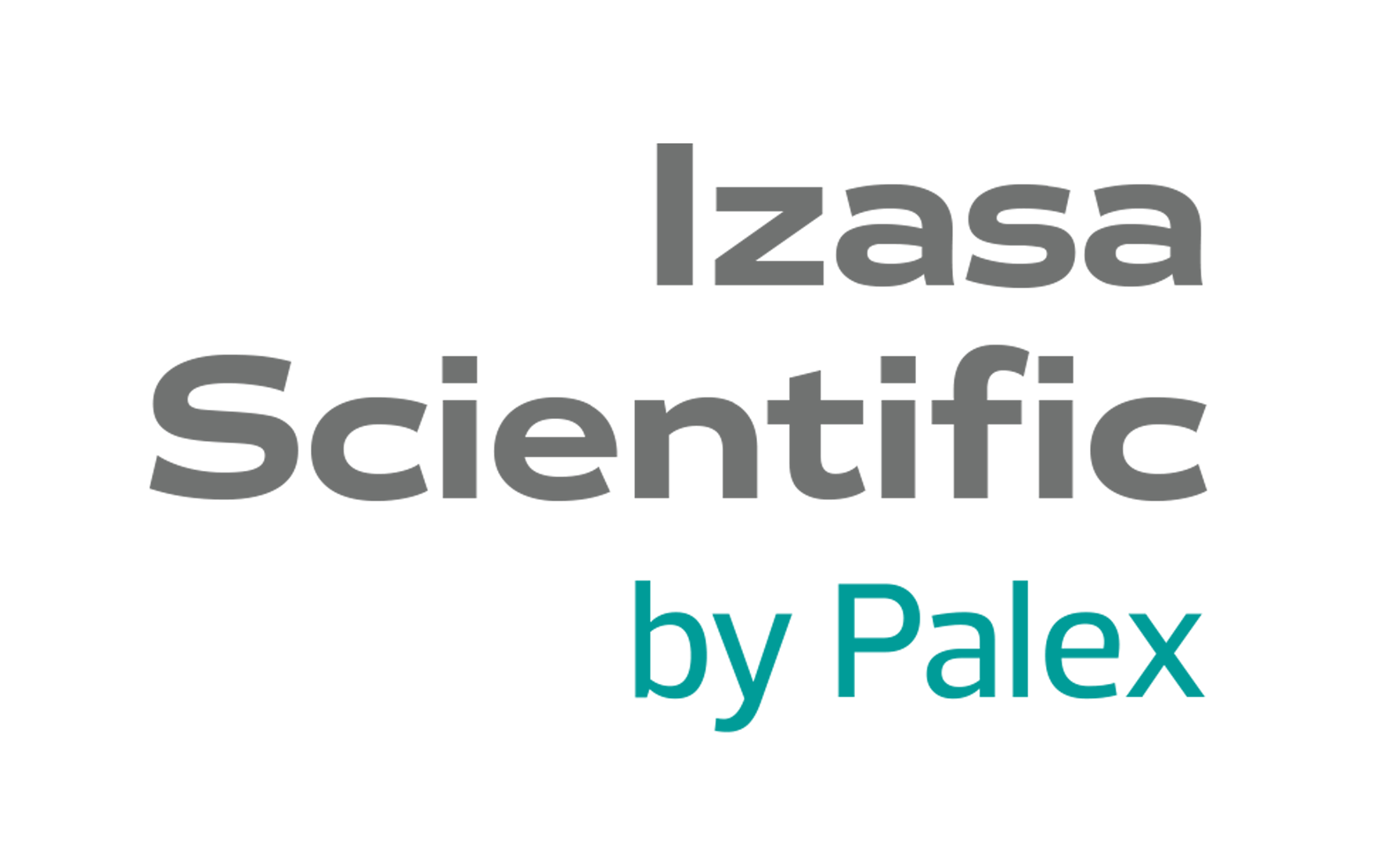
Notícia Química e Agroalimentação
CCMAR Seminars by Izasa Scientific
Abril 3, 2017 - Faro

02nd MAR "Artisanal fisheries and supplemental livelihoods through tourism: Lessons from the Philippines" by Brooke Porter
Remote artisanal fishing communities in the developing world remain highly dependent on declining marine resources. Despite this, many internationally funded fisheries development projects seek to increase catch rates and commercialise artisanal fisheries as part of livelihood development projects. Such an approach tends to increase pressure on local fisheries and contribute to further declines in fish stocks. In order to mitigate this negative outcome, the integration of a supplemental livelihood such as marine tourism has been suggested. This approach is based on the assumption that participation in the tourism sector has the potential to benefit both the resource and those dependent on the resource. This presentation will discuss research that investigated the perspectives and knowledge of members of three remote fishing communities in two areas of the northern region of Luzon, Philippines. Perception-based data that focused on livelihood satisfaction, perceptions of the current state of marine resources, tourism awareness and willingness to engage in tourism as a livelihood diversification were collected from 42 fisherfolk via face to face interviews. Additional information was gathered from five key informants that represented key stakeholders, including local and foreign tour operators, NGOs, international aid agencies and fisheries management at the government level. This research revealed that the fisherfolk participants were generally satisfied with their current livelihoods and, therefore, did not express a desire to shift livelihoods. This sentiment appears to be a result of currently being able to ‘make ends meet’, albeit through resource overexploitation and the use of illegal fishing methods. However, the high social value associated with the idea of receiving visitors by fisherfolk enforced the viability of tourism as a diversification strategy. Despite this, a gross under-awareness of tourism within remote artisanal fishing communities, suggested that the current approach to tourism development requires modification. Social entrepreneurship as it relates to tourism development is discussed as a potential way forward for livelihood diversification within artisanal fishing communities.
08th MAR "3D printing: leading science beyond" by Gil Martins and Aldric Negrier
3D printing technology which is an additive manufacturing process that creates a physical object from a digital design, is pointed as the new industrial revolution. This technology allows anyone to create customized products that meets specific needs with affordable prices. Nowadays, 3D printing has been used to manufacture medical prosthetics, human tissues and organs such as teeth or hip replacements. In fact, this technique has become a scientific catalyst. Numerous equipment’s for microscopy, molecular biology and electrophysiology can be easily accessed through different online 3D digital designs. On other hand, researchers can build or customize sophisticated lab equipment’s from scratch. Laboratories can be set up in a low cost system with a fraction of the costs of the commercial alternatives through a movement known as “Open Labware”. There are interesting applications of this technology such as neuropsychobiology and wildlife conservation. Recovery of animals with prosthetic structures have been successfully used and coral reefs conservation is possible. The introduction of artificial corals with identical shape, size, texture and chemical composition can support the ocean fauna in deteriorated reefs. The scientific community is only scratching the surface regarding the potentialities of 3D printing technology.

NOTÍCIAS
Notícias Recentes
Maio 28, 2024 - Madrid
O contínuo desenvolvimento e investimento para estar próximo dos nossos clientes levou-nos a dispor de uma ampla cobertura geográfica com sedes nas principais cidades em Espanha e Portugal, e apoio comercial e técnico em todas as áreas territoriais permite-nos estar SEMPRE PERTO DE SI.
Tel: 800 787 888
izasapt@izasascientific.com
